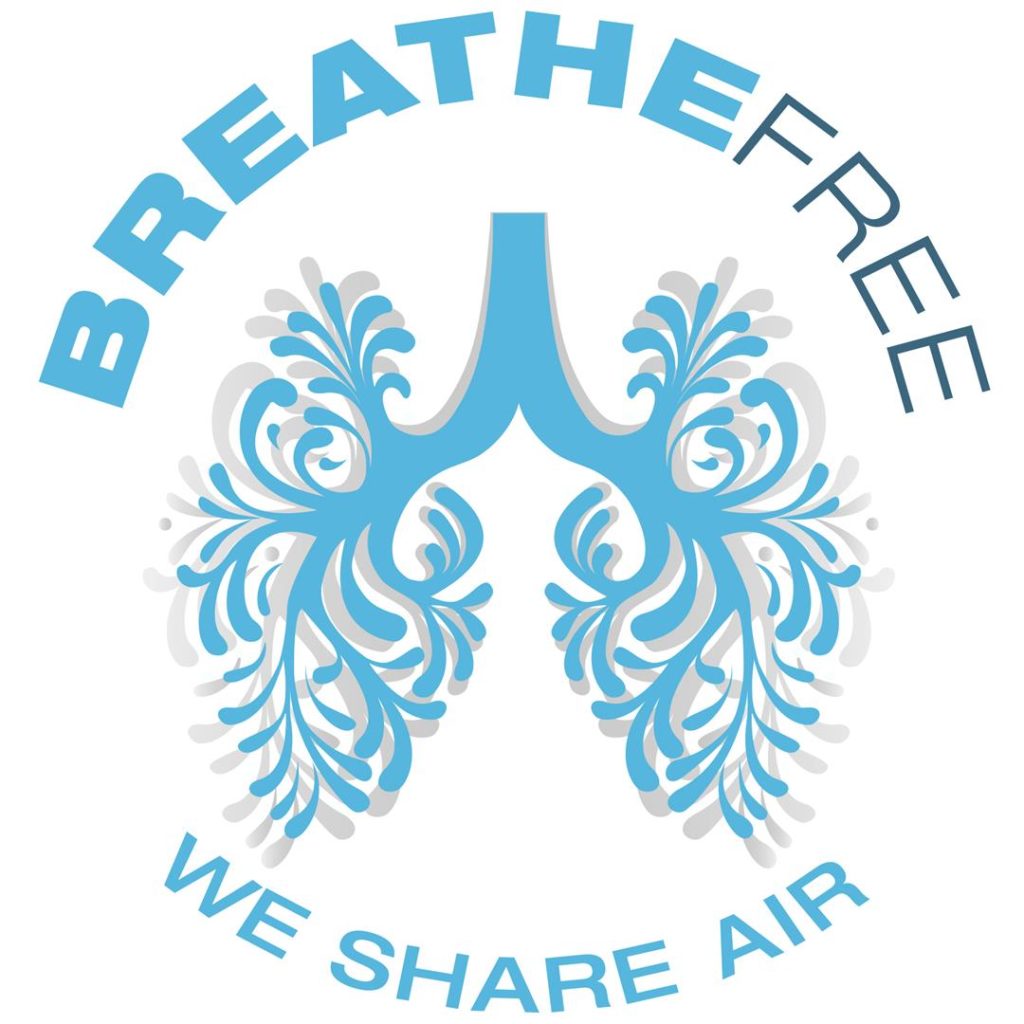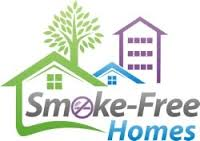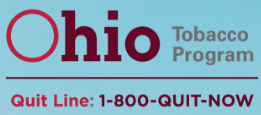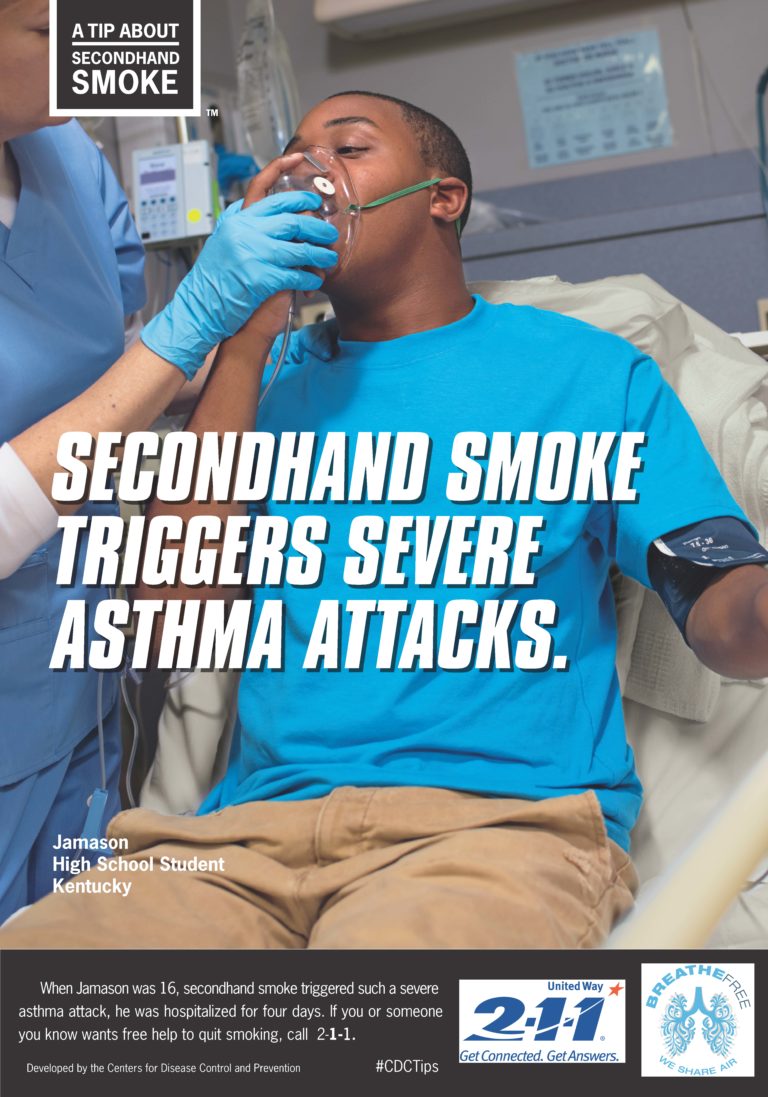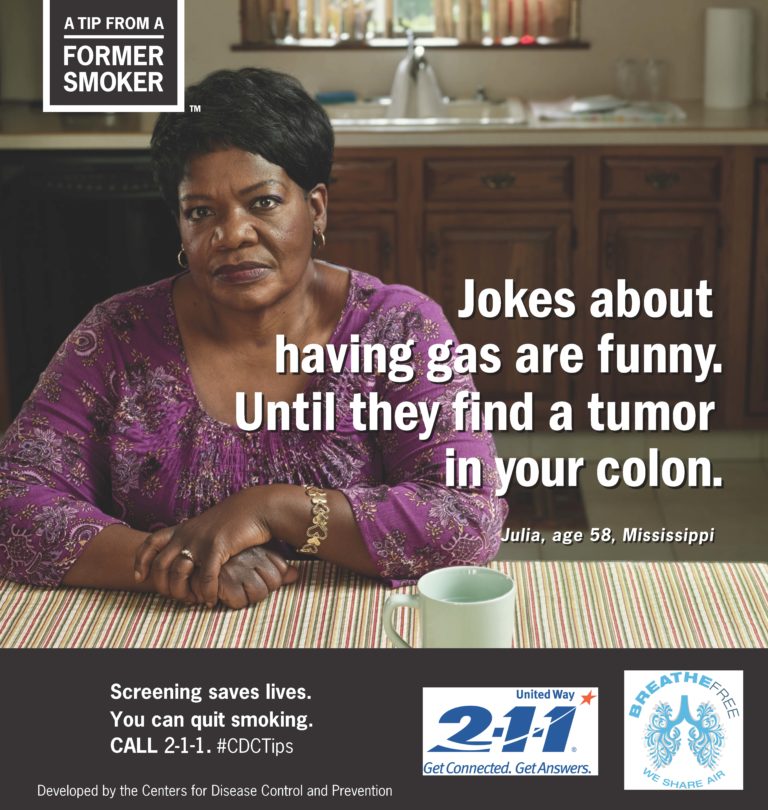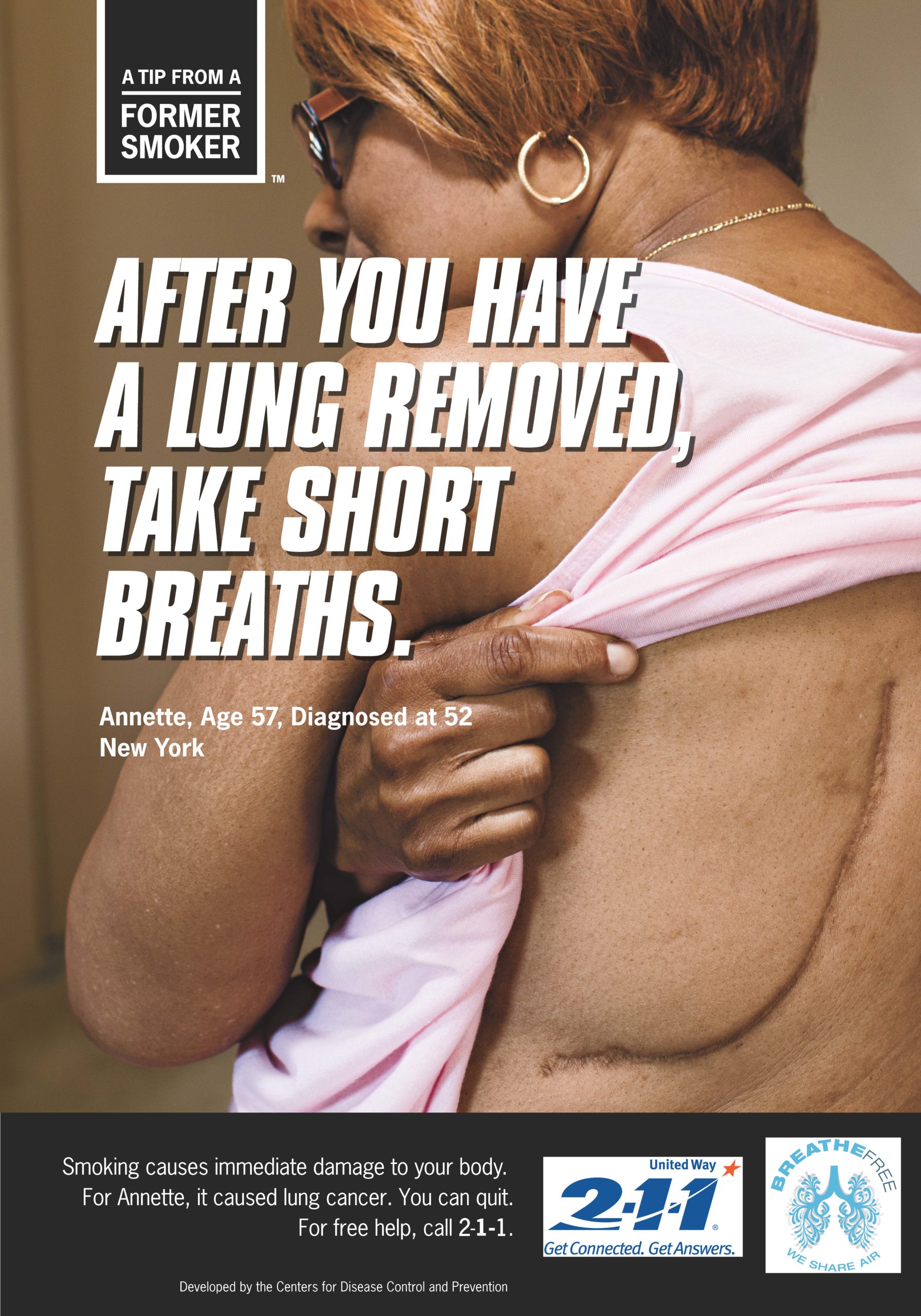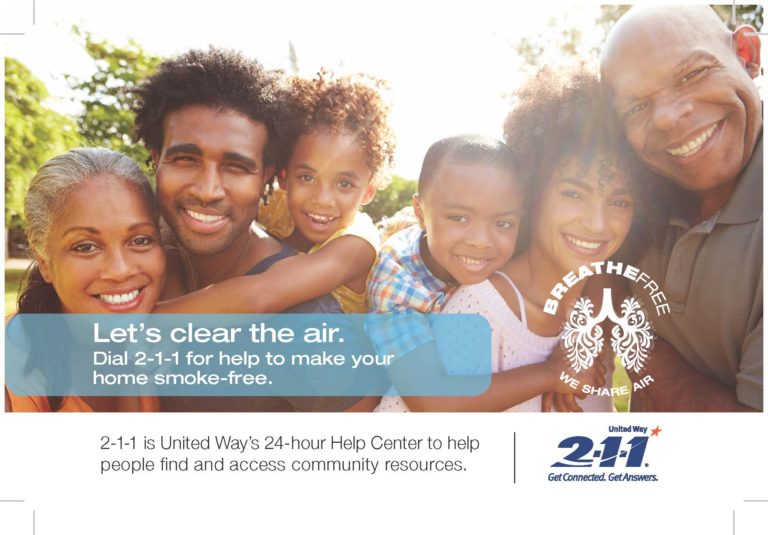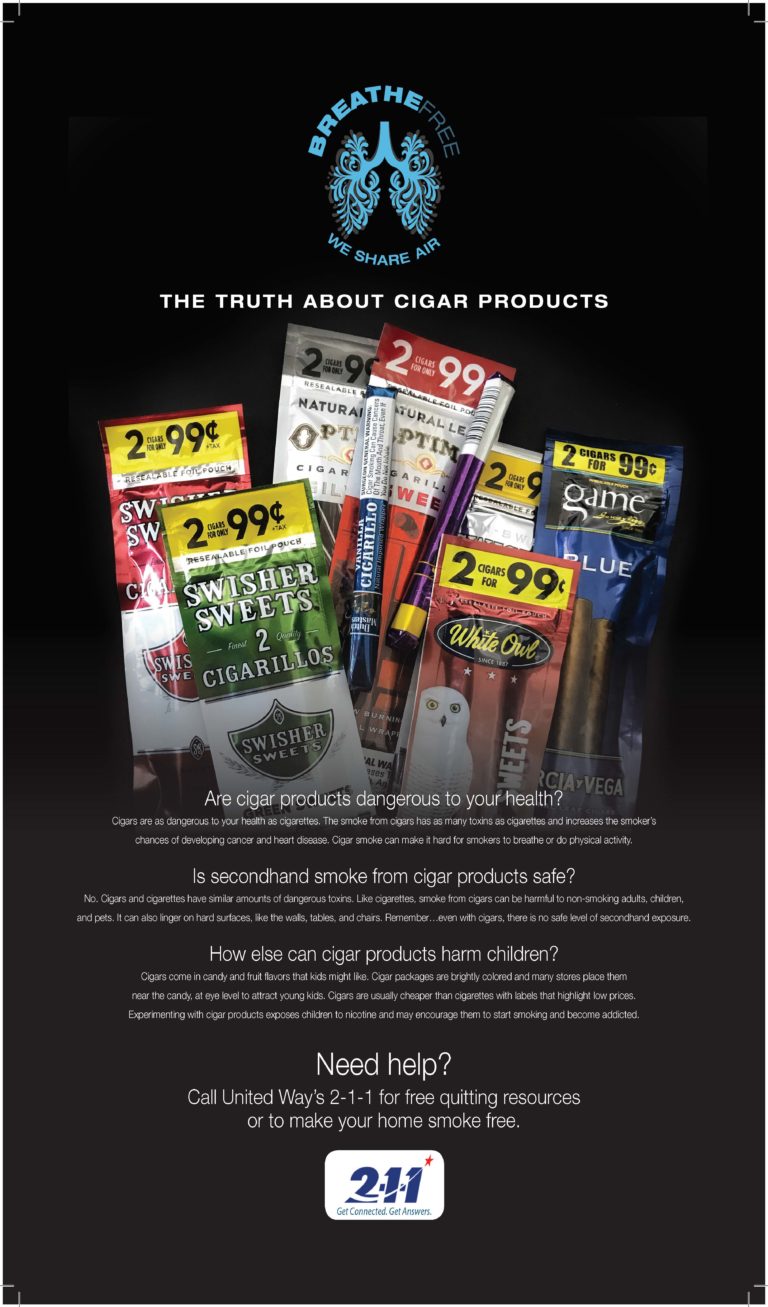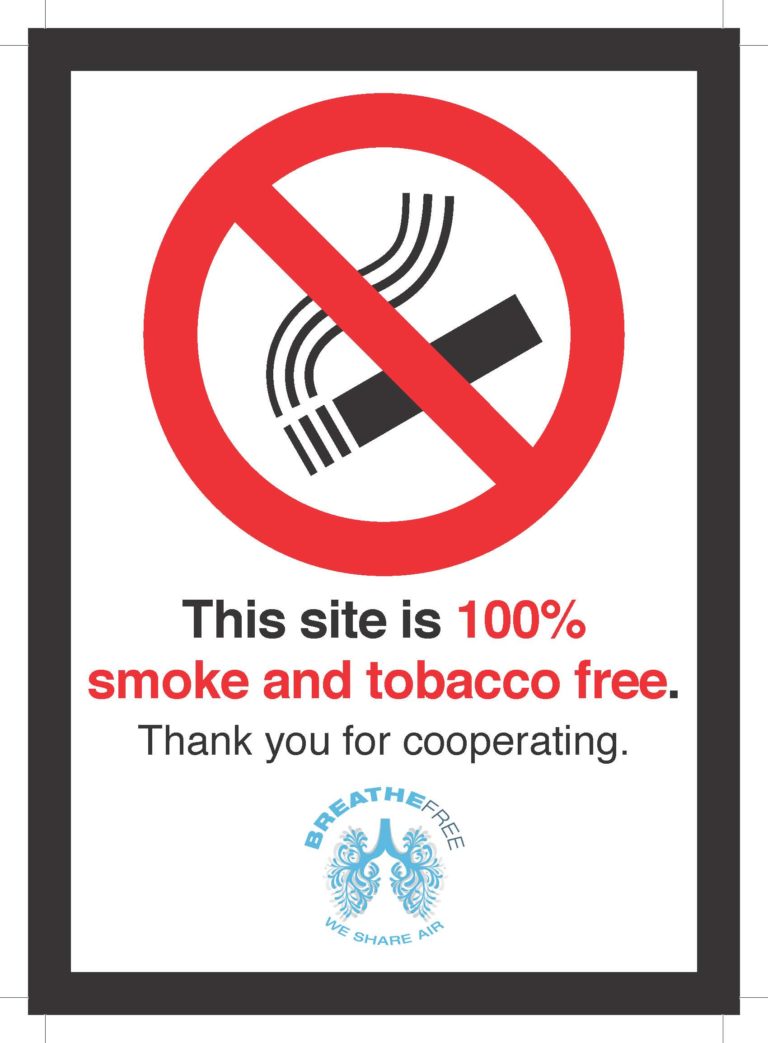Breathe Free: We Share Air
Breathe Free: We Share Air was a demonstration project funded by the Ohio Department of Health (2017-2018) that implemented evidence-based strategies with guidance and input from community residents to change the conversation around smoking in their neighborhoods.
This multilevel intervention consisted of three components:
A community-level culturally informed media messaging campaign to raise awareness of dangers of tobacco, particularly cigar products, and encourage smoking cessation;
A community organization-level component that included adoption of tobacco-free worksite policies and smoke-free home policies and a systematic process to disseminate cessation resources to constituents; and
An individual-level component that directed users to United Way’s 211 First Call for Help to guide the individual to tobacco cessation resources such as SmokefreeTXT, quitSTART, Smoke Free Homes, and the QuitLine.
Breathe Free staff worked with resident teams to help implement policy, systems, and environmental changes based on their expert neighborhood knowledge. With focused attention on tobacco prevention and cessation, using a resident team approach helped to increase the engagement of community organizations to adopt smoke-free policies and facilitate dissemination of the cessation resources to key constituents.
Breathe Fee Project Design
Breathe Free: We Share Air extended the PRCHN’s work as a partner of the Health Improvement Partnership-Cuyahoga (HIP-Cuyahoga) and Healthy Cleveland. Building on the Resident Team model developed by HIP-Cuyahoga, Breathe Free used a multi-level approach to tobacco prevention and cessation by increasing adoption of 100% tobacco-free worksite policies and smoke-free home rules as well as promoting free resources to assist smokers in quitting (e.g., Ohio QuitLine, smokefreeTXT, QuitGuide, and quitSTART). These strategies were underpinned by a culturally informed media messaging campaign to raise awareness of dangers of tobacco, particularly cigar products, and encourage smoking cessation.
-
Stage #1: Community-Level Component
Breathe Free staff worked with local radio stations as part of a community-level culturally informed media messaging campaign to raise awareness of the dangers of tobacco, particularly cigar products, and encourage smoking cessation. Click on the links below to hear the two radio spots!
Breathe Free Radio Spot With Monica
Cleveland resident Monica shares her resolve to break her tobacco addiction in this radio spot for Breathe Free: We Share Air.
Breathe Free Radio Spot With Michael
Michael, a Cleveland resident, shares his story of tobacco addiction in one of the Breathe Free radio spots
-
Stage #2: Organizational-Level Component
The Breathe Free Project Team is working with two churches, two daycare centers, and one library in each target neighborhood. Fifteen people ages 18 and older are being recruited from each organization (total of 225) for the longitudinal study. These 225 participants will be asked to participate in a survey at five data collection time points. An additional 15 constituents from each organization will be asked to participate in the Constituent Surveys at time points two through five. Engaging residents in a trusted environment and in a culturally relevant way can begin to shift tobacco social norms. A third data collection method is an organization implementation checklist and interview. This consists of a semi-structured interview of staff members of each organization prior, during, and post-implementation that ask about the Breathe Free project in the organization, the factors that affected the implementation, and outcomes of the implementation.
-
Stage #3: Individual-Level Component
The Breathe Free Project Team is working with two churches, two daycare centers, and one library in each target neighborhood. Fifteen people ages 18 and older are being recruited from each organization (total of 225) for the longitudinal study. These 225 participants will be asked to participate in a survey at five data collection time points. An additional 15 constituents from each organization will be asked to participate in the Constituent Surveys at time points two through five. Engaging residents in a trusted environment and in a culturally relevant way can begin to shift tobacco social norms. A third data collection method is an organization implementation checklist and interview. This consists of a semi-structured interview of staff members of each organization prior, during, and post-implementation that ask about the Breathe Free project in the organization, the factors that affected the implementation, and outcomes of the implementation.
Breathe Free Target Neighborhoods
Breathe Free worked within the South Collinwood and Glenville neighborhoods of Cleveland and the city of East Cleveland (see map below) to provide residents with a tailored approach that raised awareness of the harms of tobacco use and engaged community organizations to direct residents to resources for tobacco cessation. Each of these neighborhoods has a significant proportion of low-income, African-American residents.
Resident Teams were already established in these neighborhoods through the PRCHN’s Healthy Eating, Active Living work with Health Improvement Plan-Cuyahoga. Breathe Free targeted churches, daycares, and libraries for partnership because they reach a significant portion of the community, particularly youth and younger adults/parents (ages 20-39), who have the highest rates of smoking. Parents may be more likely to adopt smoking rules in the home, reducing exposure to smoke and shifting social norms related to smoking; and parents can be encouraged to talk about tobacco use with children.
Breathe Free staff conducted a community assessment of all daycares, churches, and libraries within the three target neighborhoods to understand organization characteristics, current organization policies around smoking, and interest in the Breathe Free project. Breathe Free engaged one library, two churches, and two daycares per community for a total of 15 organizations.
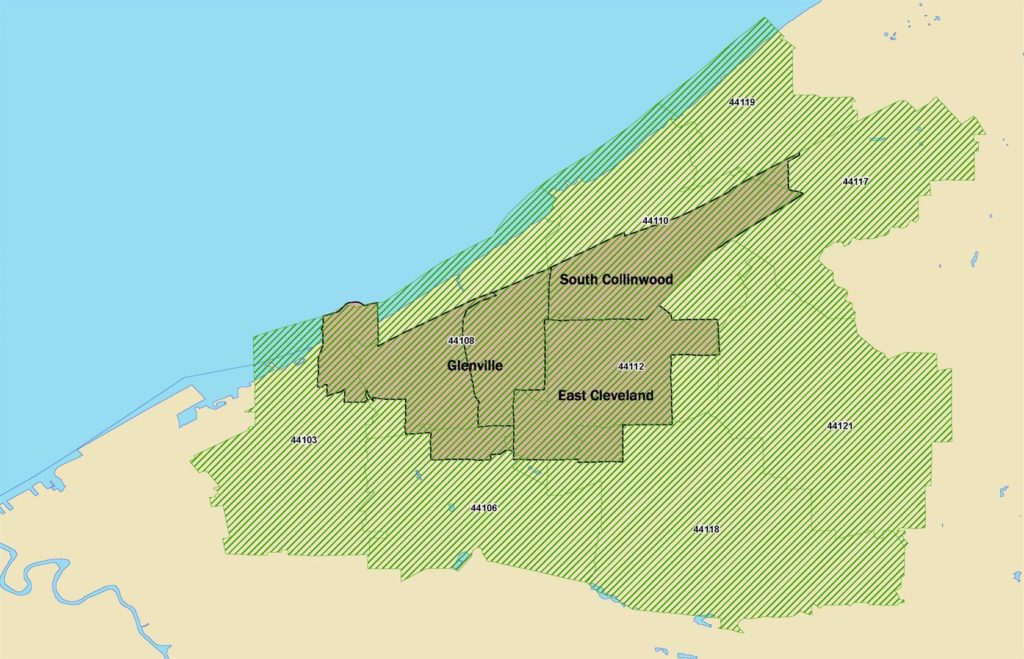
Breathe Free Team
Erika Trapl, PhD (Principal Investigator)
Monica Webb Hooper, PhD (Co-Investigator)
Sarah Koopman Gonzalez, PhD (Project Manager)
Kenya Moyers (Intern)
Jude Fahoum (Intern)

